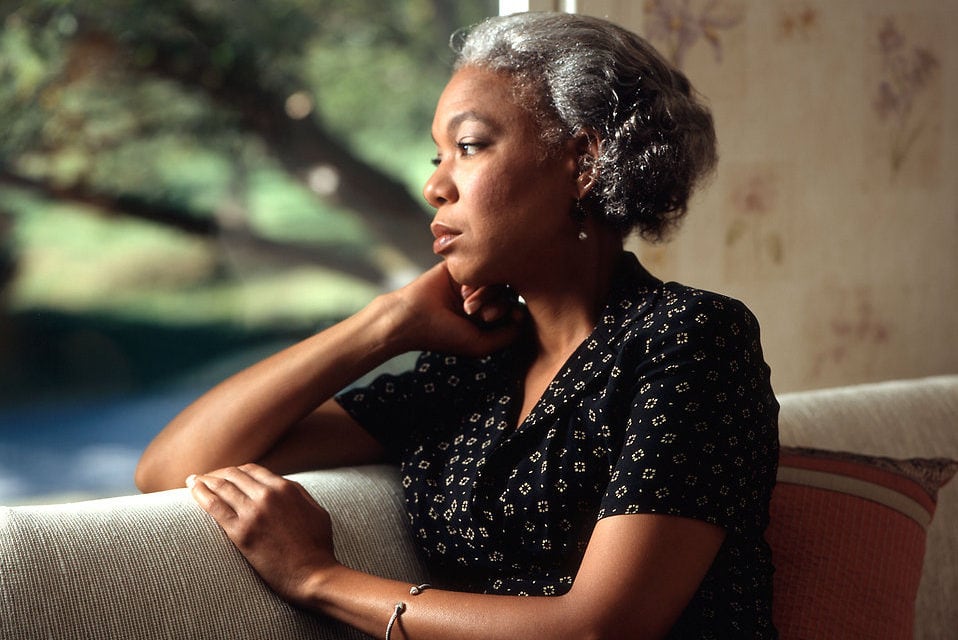Black women face systematic inequality. A study by the National Domestic Workers Alliance shows black women face numerous socioeconomic and political disparaties despite improvements.
Here are the facts:
- Black women, despite voting at higher rates, are underrepresented in state and national offices compared to their percentage of the population.
- In 2015, black women had 8.9 percent unemployment rate, highest among women of all racial/ethnic groups.
- Median annual earnings of black women declined between 2004 and 2014.
- Earnings for black women are 64.2 percent of white men despite having the highest participation in the labor force.
- Black women are more susceptible to unemployment.
- Child care costs exceed median earnings for black women in all states but two.
- 37.2 percent of employed black women don’t have paid sick days.
- 80.2 percent of black women carry the financial burden of their household.
- Black women are more likely to be unpaid caregivers.
- Black women experience higher rates of poverty (24.6 percent) than any other women except Native American women despite increased rate of bachelor’s degrees by 23.9 percent between 2004 and 2014 and more businesses owned by 178.1 percent between 2002 and 2012.
- Despite decreasing mortality rates, they are still more at risk of heart disease and cancer mortality than other women.
- Black women are twice as likely to be imprisoned as white women.
- More than two-fifths of black women experience domestic violence.
- Black women who experience violence are at higher risk of entering the criminal justice system.
Despite educational, political and health gains, the quality of life for black women is unequal to other women due to systematic social and racial disparities which limit their access to public rights and privileges like Medicaid, paid leave and educational opportunities.
The study suggests policy changes which lawmakers at the state and national level could incorporate to decrease the disparaties such as expanding publicly funded early child care, increasing minimum wage and removing stricter voter identification laws.
A reason these policy changes have not been made and may be hard to institute is lack of representation from black women in political offices.
Women, according to the study, are less likely to run or be recruited to run for offices because of the barriers they face such as fundraising challenges, lack of support and lack of access to informal male political networks. Women of color also have to overcome racial/ethnic stereotypes.
The study shows improvements to the status of black women in the U.S. need to be a concentrated effort from lawmakers and active citizens alike to remove policies which systematically exacerbate disparaties in the livelihood of black women.








